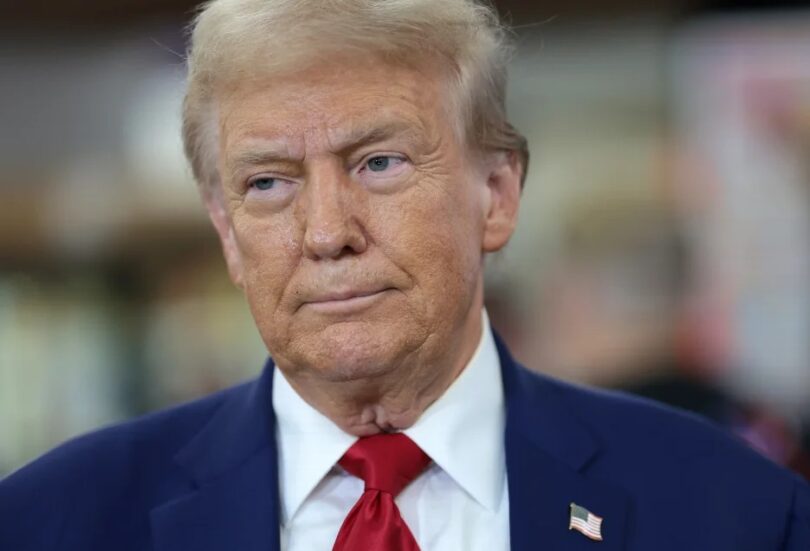The Shift in Vaccine Attitudes Among Republicans
More than four years ago, Operation Warp Speed was initiated during Donald Trump’s presidency to accelerate the development of COVID-19 vaccines, ultimately saving millions of lives. However, a significant portion of Republican voters has since developed skepticism towards vaccines, a shift that Trump himself has acknowledged. This change in perception has led to Trump rarely mentioning the vaccine rollout, despite its status as a major public health achievement.
Trump’s Changing Stance on Vaccines
In recent speeches, Trump has expressed intentions to cut funding for schools that impose vaccination mandates, raising concerns that this could extend beyond COVID-19 vaccines to other critical childhood immunizations, such as those for measles and polio. This reflects a broader trend within the Republican Party, where skepticism about vaccines has been rising significantly. Polls indicate that many Republican voters now prioritize concerns about the risks of vaccines over their benefits.
Legislative Backlash Against Vaccination
This increasing skepticism is accompanied by a surge in anti-vaccine legislation at the state level. Research indicates that 2023 saw a dramatic increase in anti-vaccine bills compared to previous years. For instance, the Texas GOP has proposed banning mRNA technology, a key component of several COVID-19 vaccines, signaling a significant ideological shift.
Alliances with Vaccine Skeptics
In an attempt to solidify his support among vaccine skeptics, Trump has sought endorsements from prominent anti-vaccine figures, including Robert F. Kennedy Jr. This alliance highlights a strategic pivot to appeal to a growing base of voters who oppose vaccine mandates and express distrust in public health initiatives.
The Consequences of Vaccine Skepticism
As vaccine hesitancy rises, preventable diseases are on the rise as well. This summer, Oregon experienced its worst measles outbreak since 1991, and current data suggests a worrying increase in measles cases across the country compared to previous years. Historical precedents show that vaccine skepticism can lead to significant public health crises, emphasizing the importance of maintaining high vaccination rates to prevent outbreaks.
The landscape surrounding vaccines in the Republican Party is shifting dramatically, influenced by political strategies, public sentiment, and emerging legislative trends. As skepticism grows, the implications for public health could be profound, underscoring the need for clear communication and education about the benefits of vaccination to mitigate the resurgence of preventable diseases.







Leave a Comment